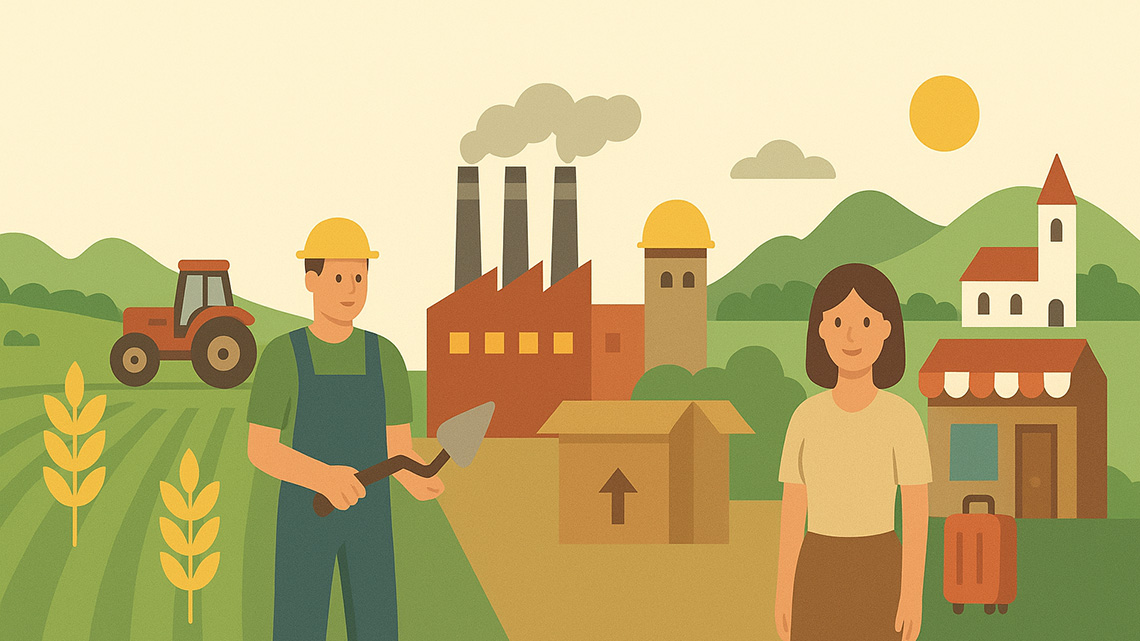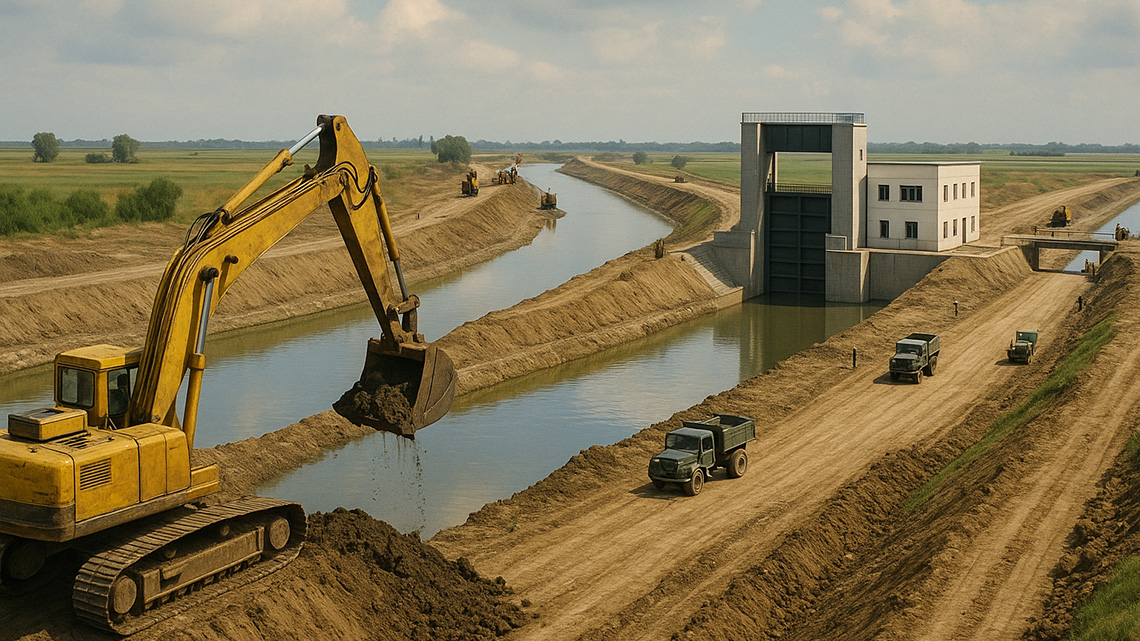In the economy of Novi Bečej, forestry as an economic sector does not hold particular significance. The forested areas cover approximately 1,100 hectares, accounting for only about 1.7% of the total municipality territory. Forested areas are situated on both sides of the Tisa River, in narrow strips along the river, and sporadically on floodplains within the interior of the Novi Bečej municipality. The areas under fast-growing poplar trees expand each year, which will significantly impact the intensification of forestry and its greater representation among other branches of the economy.
The forest vegetation mainly consists of soft deciduous trees such as willow (Salix alba), white and black poplar (Populus alba and Populus nigra). Ash (Fraxinus oxycarpa) and locust (Robinia pseudoacacia) are also present on smaller scales. Despite favorable natural conditions, especially for floodplain forests, forestry progresses at a slower pace compared to other economic sectors. This is primarily due to the biological nature of forest production, which makes the forestry development process complex and long-term. However, by efficiently implementing forest planting programs and silvicultural activities for the permanent maintenance, expansion, and intensification of existing forests, the growth rate of forestry significantly accelerates.
Based on the projection of fifteen-year forestry development in the Novi Bečej sub-region, the forecasted growth rate of the municipality's forestry national income is between 3.0% to 3.5%. The majority of this projection is in the process of gradual realization. However, achieving the full realization of a faster pace of forestry growth presupposes systematic protection and continuous enrichment of the forest fund, amelioration of degraded forests, rapid expansion of softwood forest areas, planned utilization of the forest fund, and adaptation of overall forest production to conditions and needs.
To better ensure transportation routes within the municipality, arable land, settlements, industrial, and other significant facilities, the protective function of forests becomes increasingly important. Forested areas play a crucial role as regulators of the water regime and stabilizers of microclimatic conditions. Their particular significance is highlighted in contemporary urbanization of settlements, as they serve as the primary natural purifiers of polluted air. Forests play an increasingly significant role in tourism development within the municipality, especially in recreational, hunting, and fishing tourism. Forests are vital regulators of groundwater in this region. When considering the industrial importance of fast-growing softwood forests, which provide a significant raw material basis for the timber, chemical, paper, and cellulose industries, the multifaceted significance of forests demands their fair treatment alongside other branches of the economy in social development plans for the municipality. Consequently, a more functional connection between the entire economy and forest production is expected, thereby emphasizing the true value and complex character of forestry as an economic sector in the Novi Bečej sub-region.







Comments